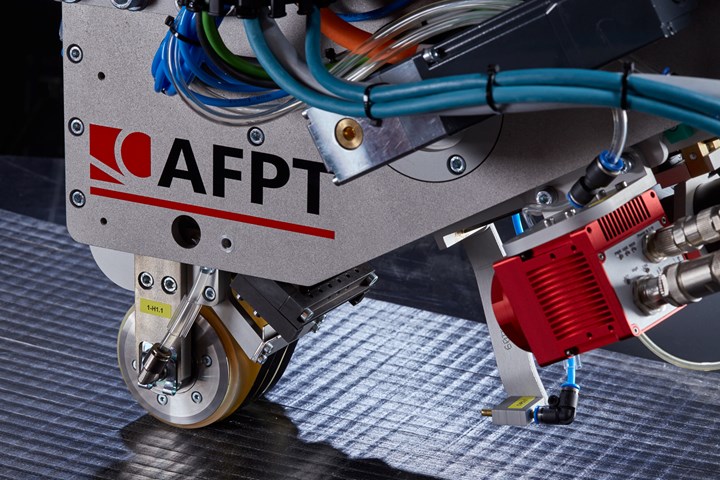AFPT GmbH expects to acquire composite tube manufacturer
Netherlands-based Alformet BV will enable AFPT to expand the use of tubular, fiber-reinforced thermoplastic structures across a wide range of end markets.

Photo Credit: AFPT GmbH
AFPT GmbH (Dörth, Germany), a global laser-assisted, fiber-reinforced thermoplastic tape (LATW) placement and winding equipment company, has entered exclusive negotiations to acquire composite tube manufacturer (Drunen, Netherlands). AFPT says it combines product ordering software with manufacturing services, empowering a wider range of customers to request and afford continuous fiber-reinforced thermoplastic production.
Alformet BV, founded in 2020, has a production facility in the Netherlands and develops innovative software solutions to support the efficient manufacturing of fiber-reinforced tubes and tubular structures.
AFPT GmbH continuously aims to raise the bar and set new standards in the world of thermoplastic composites.
“We are thrilled to be partnering with Alformet as their vision aligns with our commitment to industrialization, and thus further expanding the use of tubular, fiber-reinforced thermoplastic structures in general industry,” says Coert Kok, managing director for new business development at AFPT.
Related Content
-
Plant tour: Hexagon Purus, Kassel, Germany
Fully automated, Industry 4.0 line for hydrogen pressure vessels advances efficiency and versatility in small footprint for next-gen, sustainable composites production.
-
From the CW Archives: The tale of the thermoplastic cryotank
In 2006, guest columnist Bob Hartunian related the story of his efforts two decades prior, while at McDonnell Douglas, to develop a thermoplastic composite crytank for hydrogen storage. He learned a lot of lessons.
-
Post Cure: Parallel winding technique demonstrates CFRP anisogrid design optimization
Over the years, CIRA has demonstrated its patented CFRP parallel winding technique in a variety of ways for space applications. The lattice structure for the Vega-C launcher stage is a prime example.



